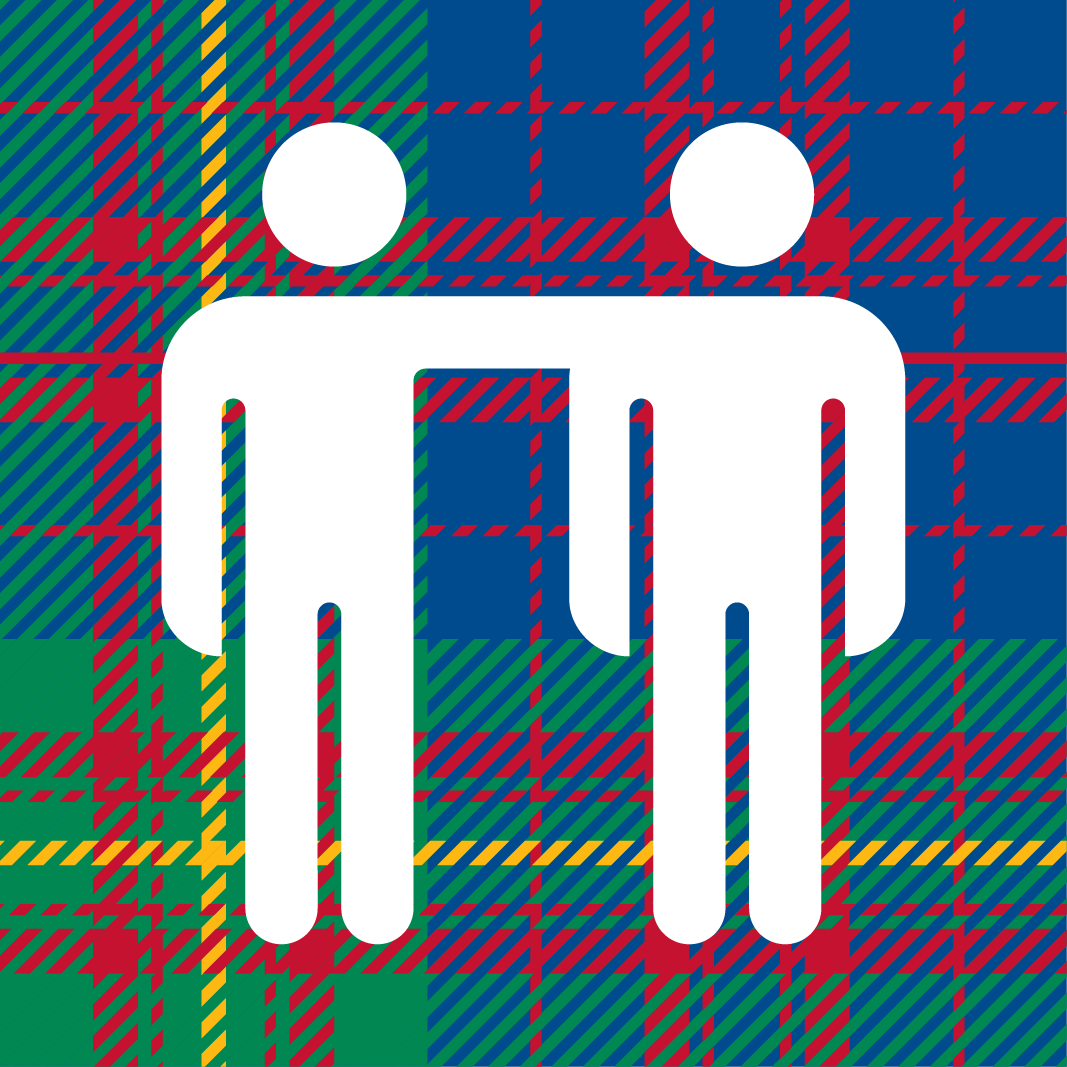There is a saying, and as it goes, “to err is human”. In our lives, we confirm this bit of truth often, recognizing our own faults, and oversights and ways we hurt others, even sometimes without intending to. At times, it can very difficult in our personal lives to continually recognize our own faults and to repair relations with others when we might hurt them. Sometimes, it can be easy to just ignore our own failures, to protect a sense of out ego, even if we are good-hearted and want to improve. It can be hard to know the best way to listen and apologize.
What are the best ways to have difficult conversations with those that have hurt you? How do you communicate with others when the hurt is overwhelming and angering? How do we confront our own failure? How do we move forward and repair relationships if we have hurt others?
As hard as these things are on an individual basis, the question of how best to learn from failure also exists on a collective basis.
Individuals function in groups, and groups can also make mistakes. People with government power can create policies which hurt the communities they represent. Activist groups can be well meaning but end up, for example, not implementing the most effective change to the people they serve. A company can set a goal to be inclusive but then fail their mission by discriminating by gender and race when hiring employees.
When a group that we are part of fails, how do we deal with that failure and move forward? Essentially, how do we best acknowledge and learn from our past? It is easy to blame specific unusual individuals within a group, but failure is typically a result of forces larger than a small number of individuals. How do we learn to understand those forces, and prevent those failures?
This question can be very heavy. As is very clear at this moment, past failures, when not acknowledged and healed, permeate through the present. In the United States (and likely most everywhere in different ways), our institutions and government were built on foundations of the oppression of certain people, like the Native American people whose land was colonized, and the enslaved people who were exploited for their agricultural skill. As one can see with the murder of George Floyd and the unequal effects of covid-19, these longstanding structures of oppression in the United States continue to hurt us, as many members of our community continue to hurt.
And so, also, in light of this, if we are part of a group we are part of benefits from the history of this failure to be equitable to all as the United States has promised, how do we listen without defensiveness in order to support a more equitable society?
How do we move past polarization and create a society of collective care and liberation?
All of these questions are very big and unlikely to be answered completely in our next meeting. But we will try.
As Lilla Watson, an indigenous Australian activist has said, “our liberation is bound together”.
